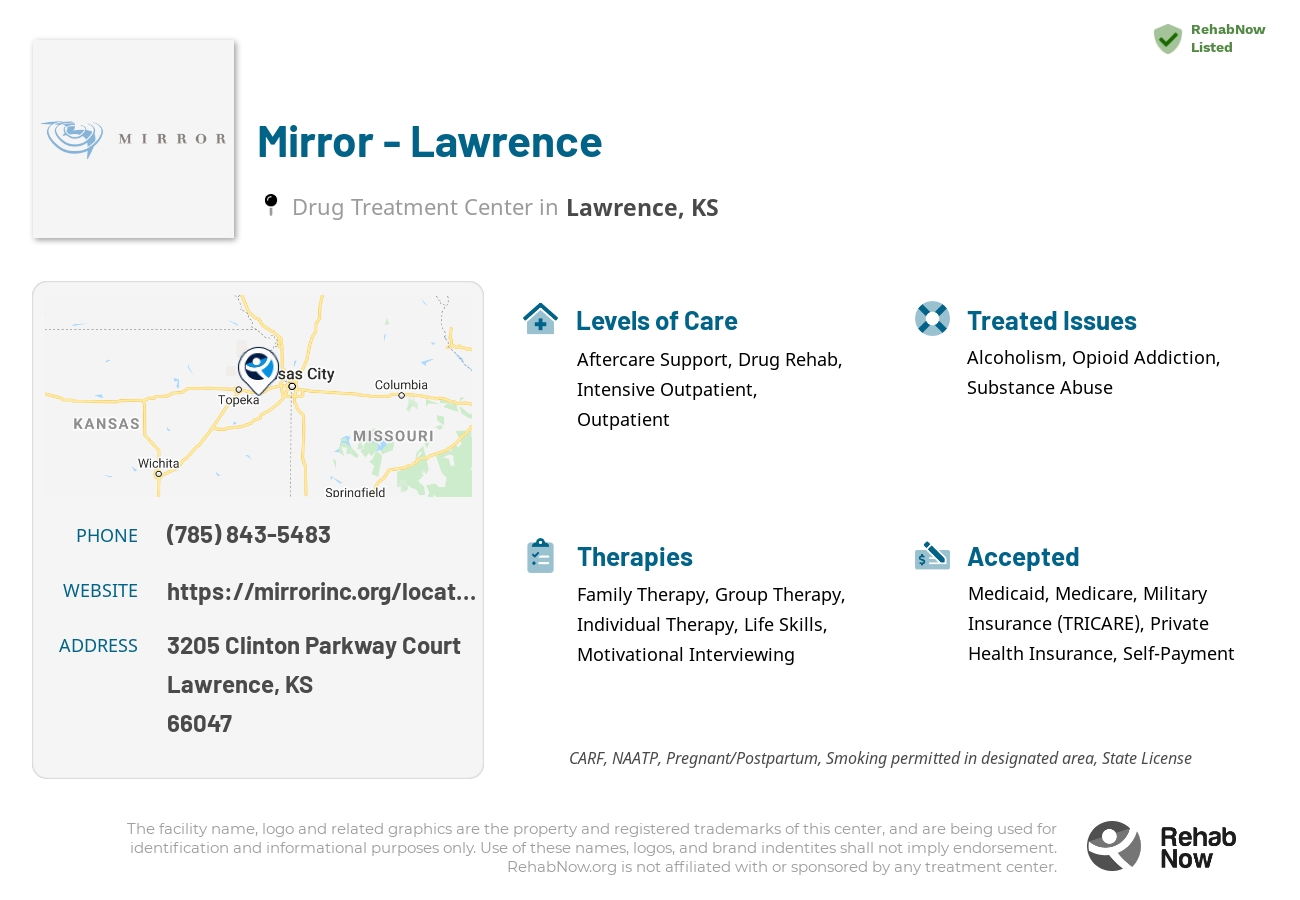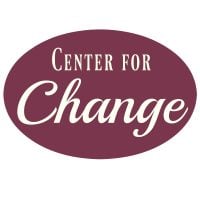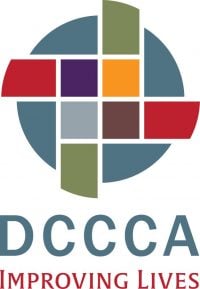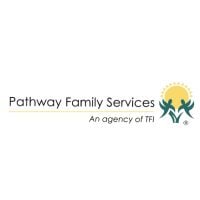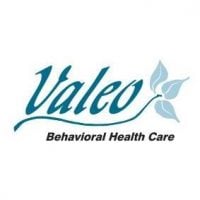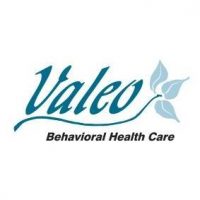Mirror - Lawrence
Drug Rehab Center in Lawrence, Kansas
Mirror - Lawrence is a private inpatient facility in Kansas that provides personalized addiction treatment services, including assessments, counseling, life skills training, and a holistic approach to recovery, in a safe and supportive environment.
About Mirror - Lawrence in Kansas
Mirror - Lawrence is an addiction treatment facility located in Lawrence, Kansas. Founded in 1972, this renowned facility has been dedicated to helping individuals suffering from alcoholism, opioid addiction, substance abuse, and drug addiction for almost five decades. Mirror - Lawrence offers a range of comprehensive services to support those seeking recovery, including aftercare support, drug rehab, intensive outpatient programs (IOP), and outpatient levels of care. With a substantial history of providing high-quality treatment, Mirror - Lawrence has established itself as a trusted resource for those in need of addiction recovery in the Lawrence area.
Mirror - Lawrence offers a diverse set of programs and approaches to help individuals struggling with addiction and substance abuse. Their aftercare support aims to provide ongoing assistance and guidance following the initial recovery period. For those requiring more intensive treatment, they offer drug rehab programs where individuals can receive structured care and support in a professional environment. Through their intensive outpatient programs (IOP), participants can benefit from flexible scheduling while still receiving comprehensive therapy and support services. Additionally, Mirror - Lawrence provides outpatient levels of care for individuals who prefer or require less intensive treatment options. With various levels of care available coupled with a commitment to holistic healing, Mirror - Lawrence strives to provide comprehensive rehabilitative services tailored to each individual's unique needs.
Genders
Ages
Modality
Additional
Conditions and Issues Treated
Substance Abuse Treatment is important when getting sober, as it helps addicts learn the skills they need to live a clean life. There are many different kinds of recovery treatment, including but not limited to medication-assisted therapy, behavioral therapeutic approaches, self-help groups, and counseling. Each treatment has its benefits that help addicts recover.
Counseling can help addicts learn the skills they need to live sober lives. It can be used to treat underlying mental health issues, like depression or anxiety, that could lead to relapse. Counseling can also help people find work, deal with family problems, and learn to manage living without drugs.
With so many people addicted to opioids, we need to help those who want to quit. The cycle begins when opioid addicts take opioids for a painful injury. When someone starts taking their medication differently or in excess, it means they’re addicted and at risk of overdosing.
In , detoxing from these types of treatments is the most effective way to beat this. Most facilities begin with medical assistance and then provide counseling services; rehabilitation follows after successful treatment.
Levels of Care Offered
This center offers a variety of custom treatment tailored to individual recovery. Currently available are Aftercare Support, Drug Rehab, Intensive Outpatient, Outpatient, with additional therapies available as listed below.
An intensive outpatient program (IOP) is effective for drug rehab, but it can take six months to several years to complete. It’s the most popular type of drug rehab program in the United States. One example of a successful IOP success story is actor and comedian Chris Rock, sober since 1990.
An IOP allows participants to spend nights at home while attending meetings throughout the day. It’s a good way for drug addicts to make a recovery plan in an outpatient setting while still supporting their loved ones.
Alcohol or drug addiction, or co-occurring disorders, are treated in an outpatient program. The patient must attend therapy and other programs at the facility but can return home each night.
Outpatient treatment allows recovering addicts to live at home while receiving addiction treatment. Outpatients can attend group sessions for a few hours per week. Outpatients may also continue to work full time and study/attend school without interruption if they choose.
The accomplishment of completing a drug or alcohol treatment program is just the first step. Once that is complete, aftercare support comes into play. This includes helping people adjust to life without substances outside of guidelines with assistance like getting sober living accommodations and career counseling and AA/NA programs for those who are struggling between sobriety or want continued help in maintaining it once they have completed their initial rehabilitation at an addiction facility.
Aftercare comprises services that help recovering addicts readjust to normal day-to-day activities while working on specific issues. These problems include psychiatric issues, family problems caused by substance abuse, continuing education pursuits if desired during rehab, etc. These can last up to one year+ depending on what’s needed most urgently upon completion of earlier stages.
Therapies & Programs
Different people react differently to various treatment options. Some drug rehabilitation centers offer individualized treatment that caters to the specific needs of a drug addict. The best treatment option varies on an individual depending on the type of drug abused, life history, medical condition of the person, social circumstances, and the environment they live in now.
When a person enters drug rehab, they usually have anti-drug associations such as withdrawal symptoms, stress, cravings, etc. The first step of drug rehab is to detoxify the body from any residual substances in it. Drug rehabilitation centers usually employ trained medical professionals to help in this process. Usually, the initial detoxification lasts for five days, where the person is monitored under close supervision.
Family therapy sessions typically involve the addict and their family members. During these sessions, a therapist will work with everyone involved to help them understand addiction and find healthy ways of coping without substance abuse.
Some addicts might feel embarrassed about their substance abuse problems. By encouraging family members to attend these sessions, therapists can show addicts that they’re not alone in dealing with addiction. Therapists can also work with family members to help them understand addiction and learn how to offer support and encouragement to their loved one as they deal with substance abuse issues.
Attending group therapy at Mirror - Lawrence in , is a useful way for those seeking sobriety to realize they aren’t the only one going through it.
This is when a group of people on different recovery phases get together and talk about what they’re going through, their triggers, successes, and failures. This can include alternative types of therapies too! Group therapy may occur on an outpatient or inpatient basis with groups that have no pre-existing relationships outside the session, unlike support groups where everyone already knows each other beforehand.
Cognitive Behavioral Therapy is a type of psychotherapy that helps people address the thoughts and behaviors that may have led to their addiction. It also helps change negative thoughts into positive ones and promotes healthy communication between addicts and those around them. CBT is an efficient treatment for individuals suffering from all sorts of addictions.
Cognitive Behavioral Therapy (CBT) focuses on the underlying thoughts and behaviors that caused the problem of addiction in the first place and may cause a relapse. Negative feelings are common in drug abuse disorders, but they can lead to co-occurring disorders if not recognized. CBT involves strategies that help to change the behavior pattern by restructuring negative thoughts into positive ones. It helps to remove these feelings, and it provides long-term benefits. Also, CBT promotes self-awareness, self-control and can be administered as a mono-therapy or as part of combination therapy.
Life Skills Services offered at Drug Treatment Centers assists addicts in their recovery by teaching them healthy coping mechanisms that will aid them in becoming sober, focussing on helping people enter into, and maintaining long-term sobriety. Drug Treatment Centers provide Life Skills Services at varying levels of intensity, specific to the needs and requirements of each patient.
Life Skills Services offered at Drug Treatment Centers assists addicts in their recovery by teaching them healthy coping mechanisms that will aid them in becoming sober, focussing on helping people enter into, and maintaining long-term sobriety. Mirror - Lawrence in Lawrence, Kansas provide Life Skills Services at varying levels of intensity, specific to the needs and requirements of each patient.The benefits of Life Skills Services offered at Drug Treatment Centers:
- Restores hope and empowerment — Helps addicts believe that recovery is possible and instills a new confidence in their ability to achieve a positive, drug-free future
- Enhances family involvement — Encourages families to get involved in the recovery process and supports their understanding and encouragement of healthy behavior.
- Increases patient’s compliance — Helps patients take responsibility for and ownership of their recovery and encourages continued progress
- Reduces relapse rates — Encourages long-term abstinence and emphasizes the importance of establishing sober support systems.
Payment Options Accepted
For specific insurance or payment methods please contact us.
Is your insurance accepted?
Ask an expert, call (888) 674-0062
Mirror Associated Centers
Discover treatment facilities under the same provider.
- Mirror - Shawnee in Shawnee, KS
- Mirror - Kansas City in Kansas City, KS
- Mirror - Outpatient and Women's Residential Program in Wichita, KS
- Mirror - Shawnee in Shawnee, KS
- Mirror - Topeka in Topeka, KS
Learn More About Mirror Centers
Additional Details
Specifics, location, and helpful extra information.
Lawrence, Kansas 66047 Phone Number(785) 843-5483 Meta DetailsUpdated November 25, 2023
Staff Verified
Mirror - Lawrence Patient Reviews
There are no reviews yet. Be the first one to write one.
Lawrence, Kansas Addiction Information
About 42% of adults in Kansas have tried an illicit drug at some point in their lives. 12.4% of the state population uses illegal drugs and 4.5% abuse alcohol in a given year. 15.16% of all deaths in Kansas between 2008 and 2017 were caused by either drugs or alcohol.
The drug addiction problem in Lawrence, Kansas, is relatively bad. The Lawrence metropolitan area had a rate of 22.4 opioid-related overdose deaths per 100,000 people in 2016. This was the ninth-highest rate in the nation. In 2017, there were 127 reported HIV/AIDS-related injection drug use cases in Lawrence. Some of the most common treatments include inpatient, outpatient, and 12-step programs.
Treatment in Nearby Cities
- Holton, KS (43.8 mi.)
- Shawnee, KS (30.7 mi.)
- Louisburg, KS (39.1 mi.)
- Seneca, KS (74.7 mi.)
- Winfield, KS (150.4 mi.)
Centers near Mirror - Lawrence
The facility name, logo and brand are the property and registered trademarks of Mirror - Lawrence, and are being used for identification and informational purposes only. Use of these names, logos and brands shall not imply endorsement. RehabNow.org is not affiliated with or sponsored by Mirror - Lawrence.


